Asians have long had a presence in Germany, though their significance and numbers rose rapidly in the 1950s when an influx of Gastarbeiter, or guest workers, arrived in East Germany from Central Asia, North Vietnam and South Korea to alleviate labor shortages. After Germany’s reunification, their complicated status as temporary workers meant suddenly navigating new territories of belonging and nationhood.

Today, many Asians in Germany, along with those from waves of newer immigration, are part of these histories, shaping an emerging diasporic consciousness radically different from its counterparts. In this photo series, Indonesian-born, German-raised Chinese photographer Prissilya Junewin reflects on her own youth by documenting the next generation carrying the legacy of their parents’ fateful move. Below, FAR–NEAR inquires into family history and navigating multiplicity of the self in Germany and beyond.
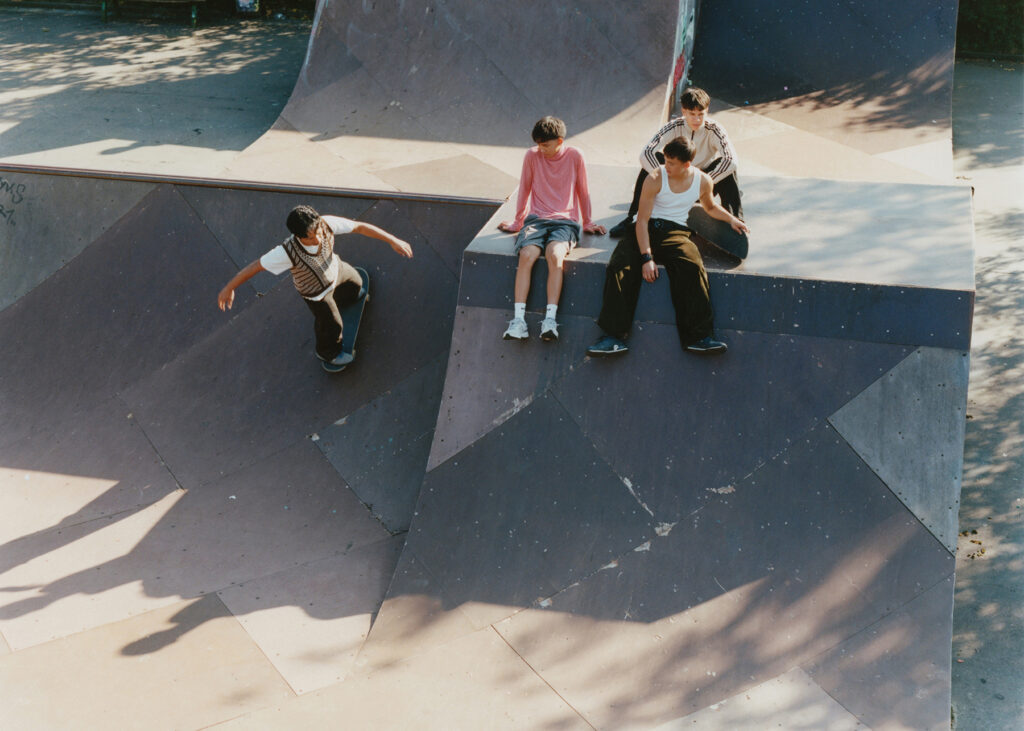
Minh Khoa, a fifteen year old Vietnamese boy from Ulm with friends Refity, Neil and Carl.
“My parents came to Germany to work as Guest Workers in 1988 and decided to stay. Back in Vietnam, my dad was an accountant and my mom was a teacher. Now my dad is a locksmith and my mom helps out in a company. My dream is to go to college in America and play D1 Basketball, but I’ll probably stay in Germany because of the standard of living I can afford here.”
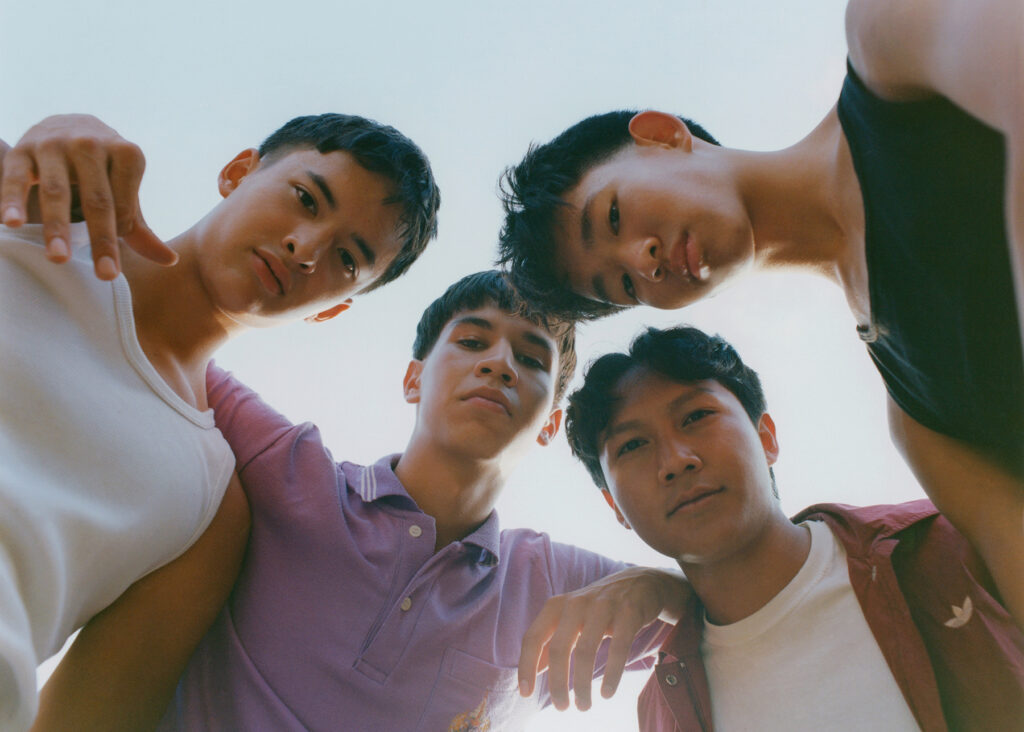
Refity, a 23 year old second generation German from Indonesia with Minh Khoa, Neil and Carl.
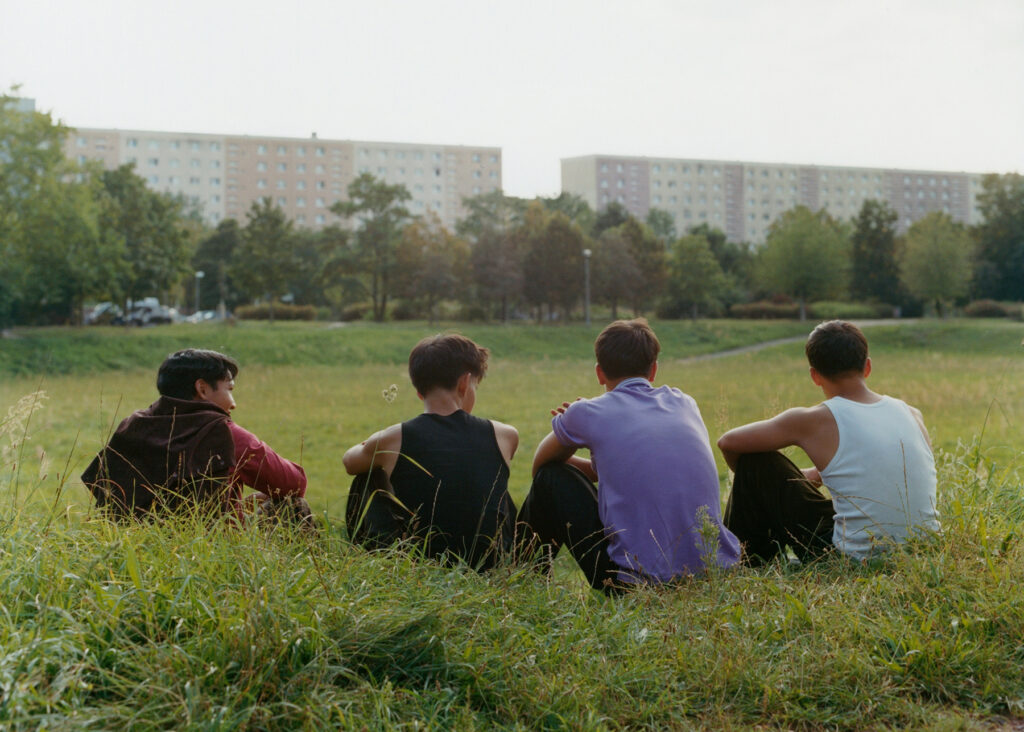
“My mom moved to Germany after marrying my Dad, she was only in Germany for a work trip when they first met. Although Berlin is always home for me, I visit Indonesia every two years. It makes you think how different life could have been. I love being with my family there but I feel bad for not being able to spend as much time with them.”
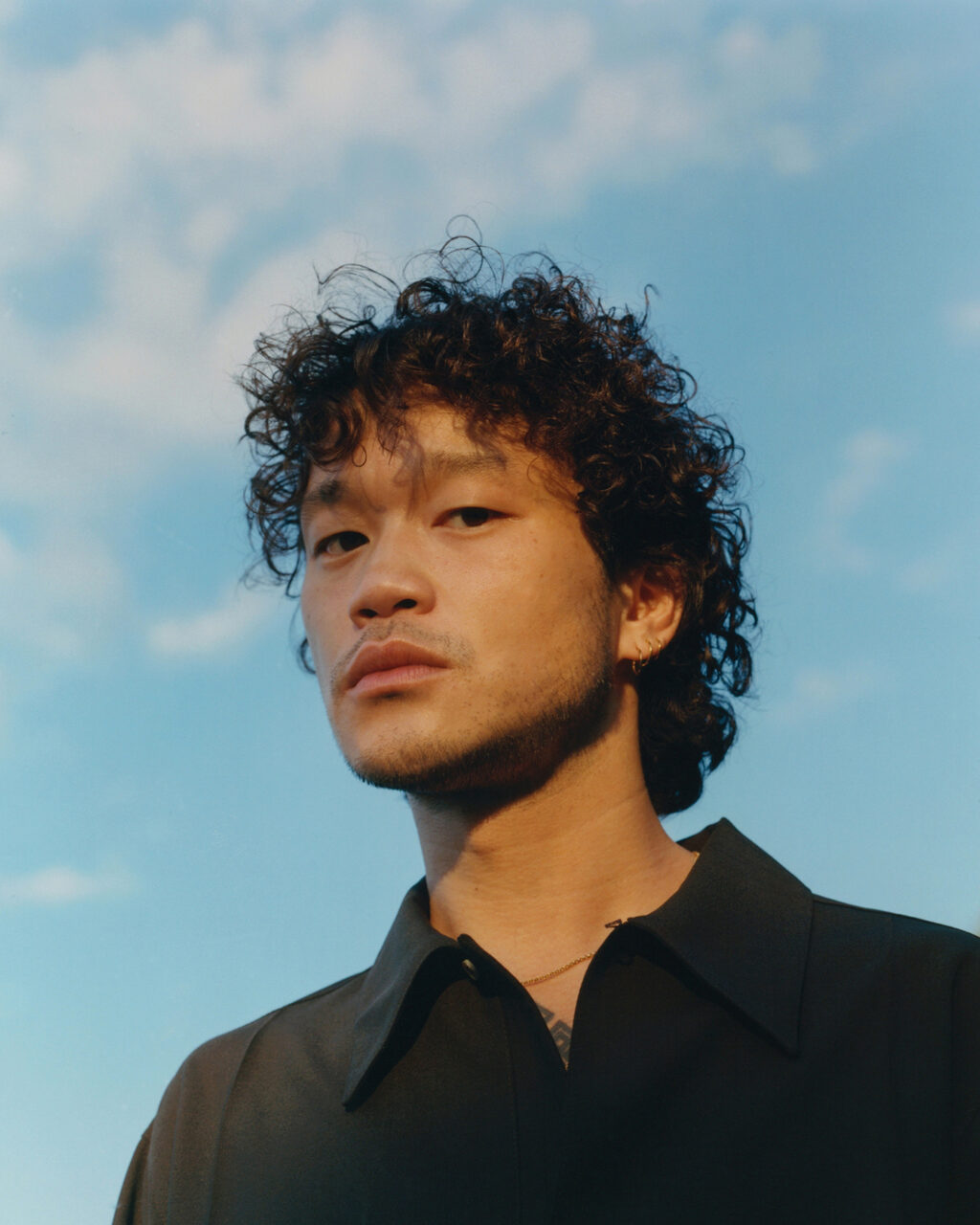
Viet
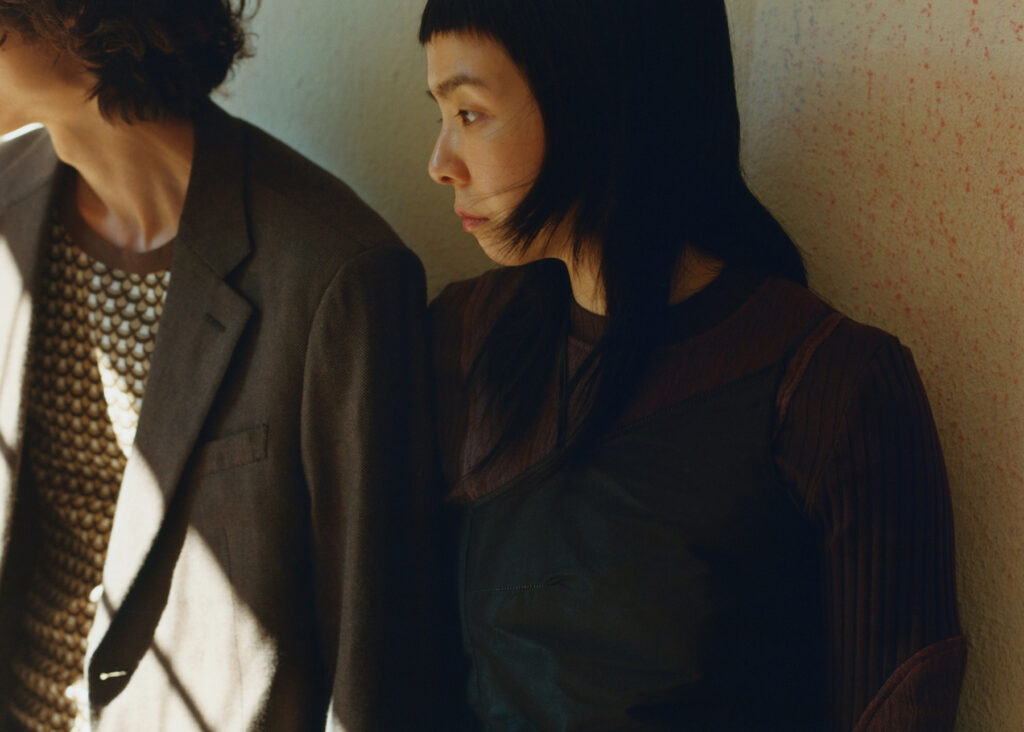
Bong and Anu, from South Korea. Anu grew up in Dortmund, Germany until she was ten, moving back and forth between South Korea and Germany.
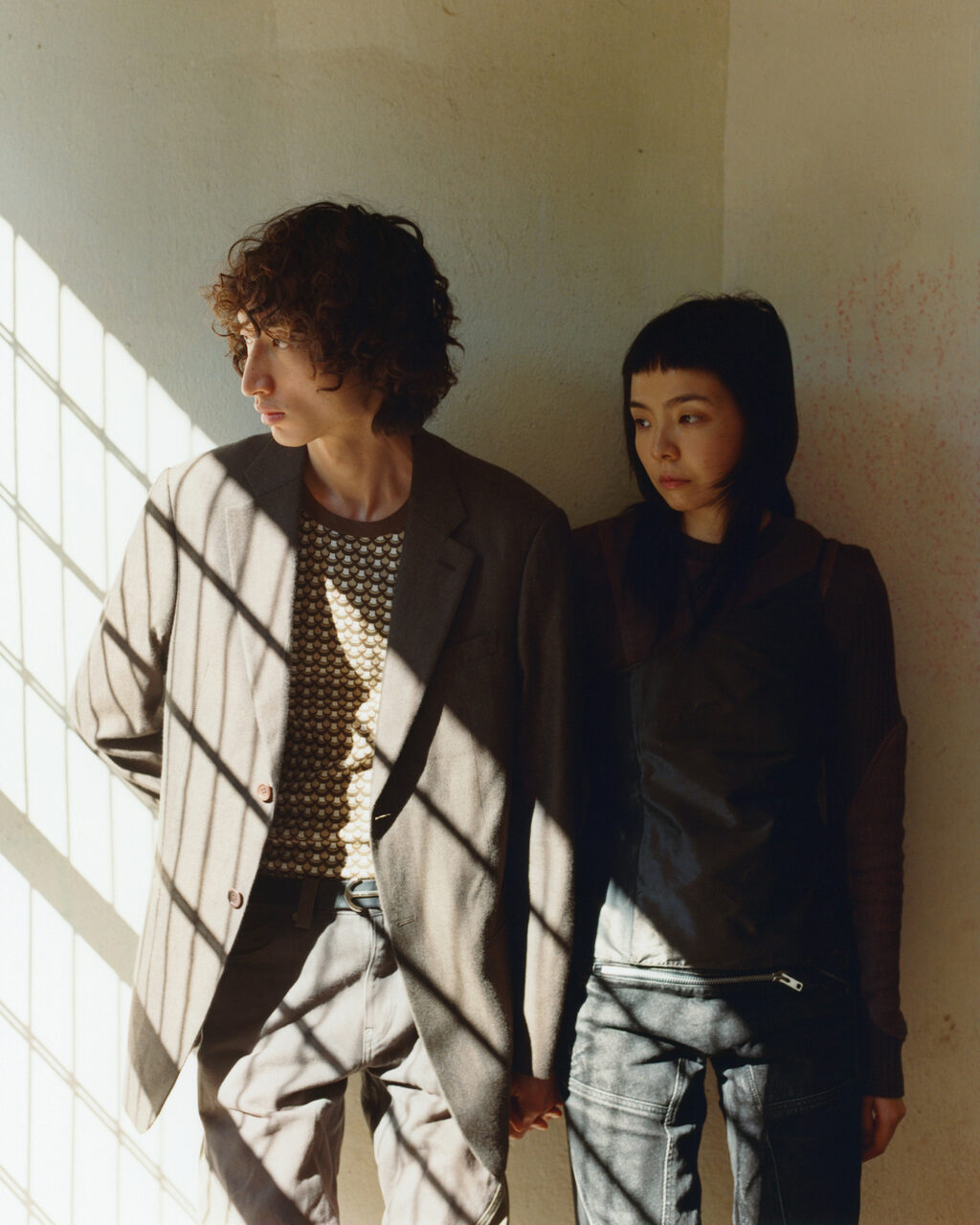
“I grew up in Dortmund, Germany until I was ten years old because of my father’s studies… After, our family decided to move back to South Korea. But I was eager to come back to Germany. I wanted to figure out where I felt most at ‘home’, which I’d describe as an emotion that you cannot belong to any one side and keep wandering among.”
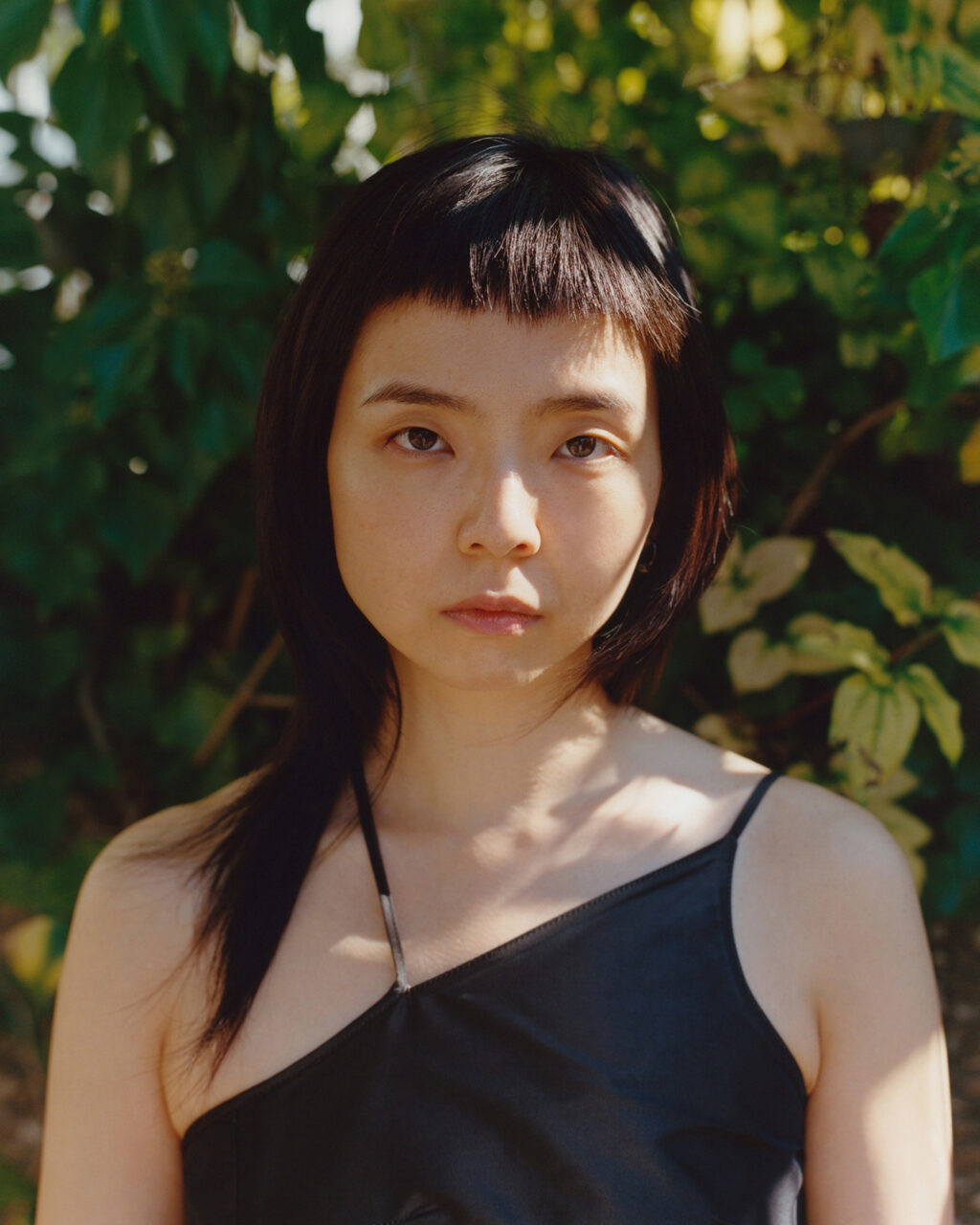
“My parent’s expectation of me was to always live ‘normally’ like others do but to always be ‘better’. This standard has changed depending on which community I belong to at the moment – whether I was living in South Korea or Germany. For example, when I was a child in Germany, exercise, self-expression, and independence were some of the key standards. But when I went back to South Korea, still a child, they focused on school grades, compliance, and harmony.”
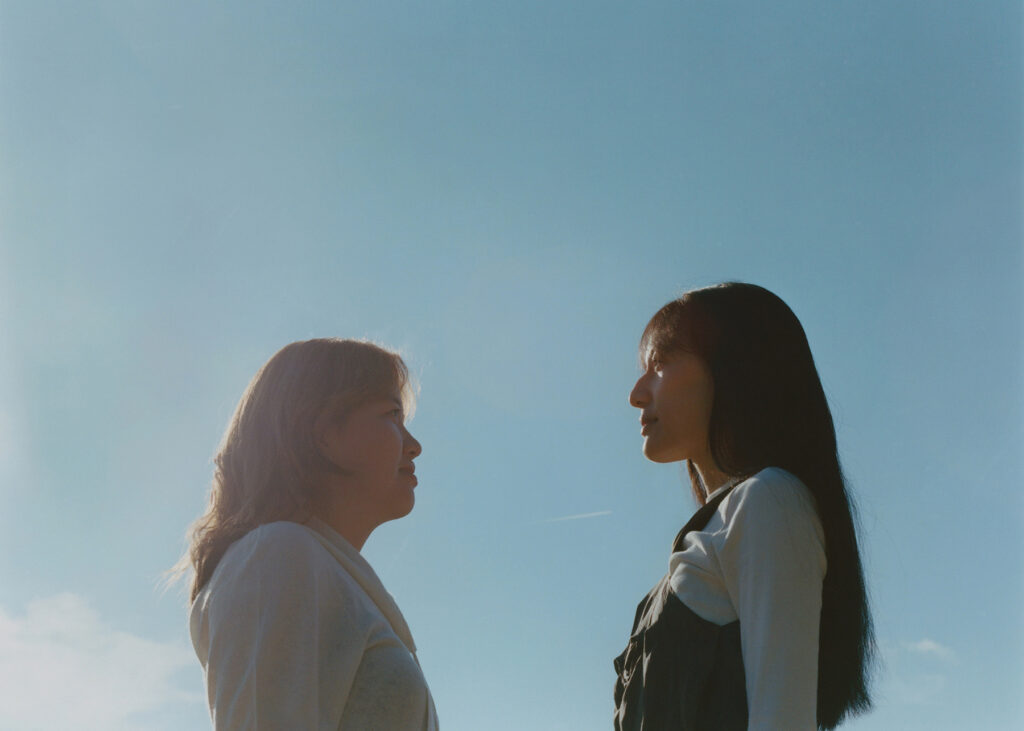
Danyue and Mengyue are sisters. They are first generation German from Dortmund. Danyue is 26 years old and Mengyue is 28 years old.
“My father came to Germany for his studies. He was the first in his family and his village to travel out of the country. Already married, my mother came with him and eventually my sister and I were born here in Germany. My aspiration is to learn, reflect and grow in life, but part of growing up is also realizing I can choose my own family. I feel a lot more comfortable in the space I have built for myself now.”
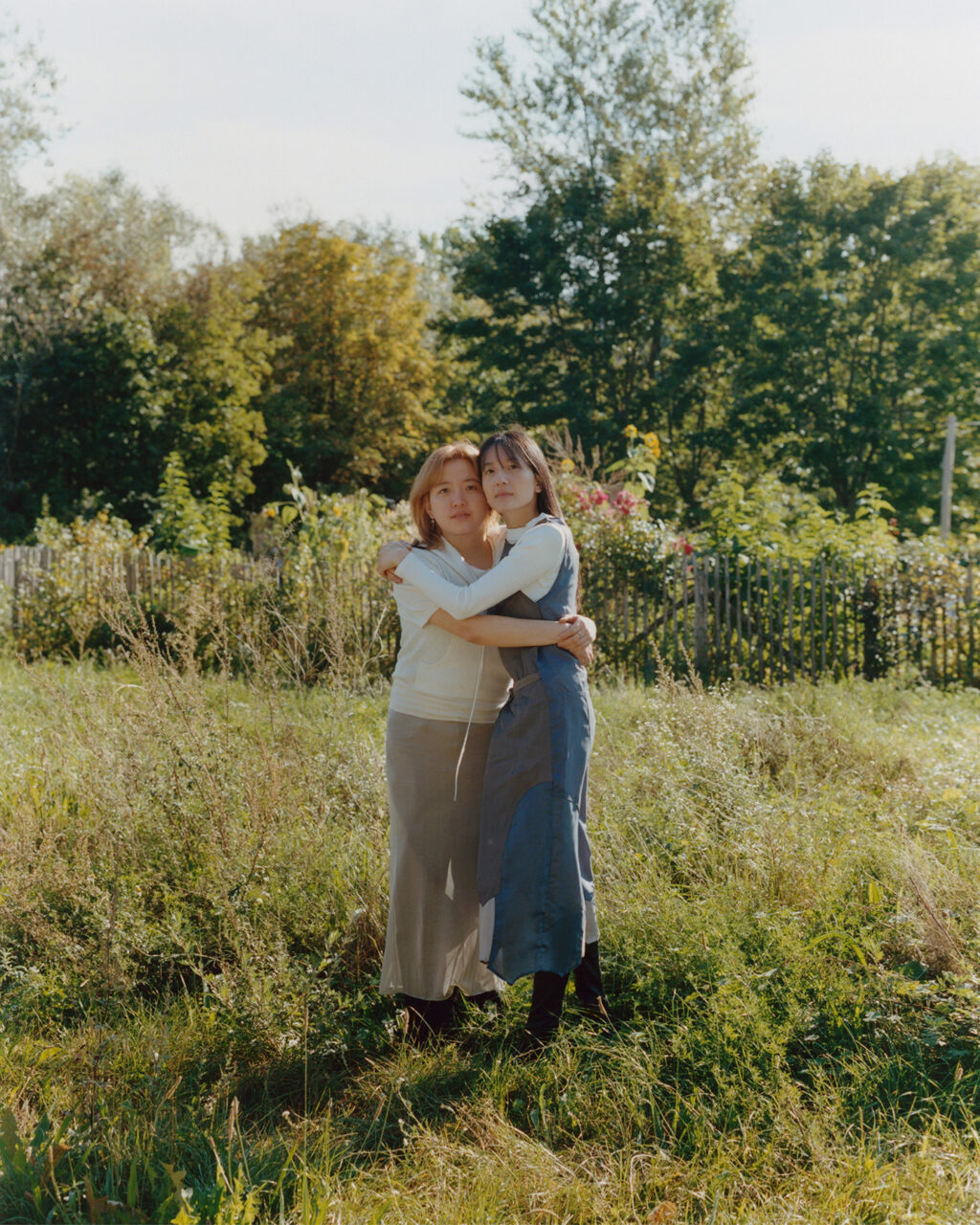
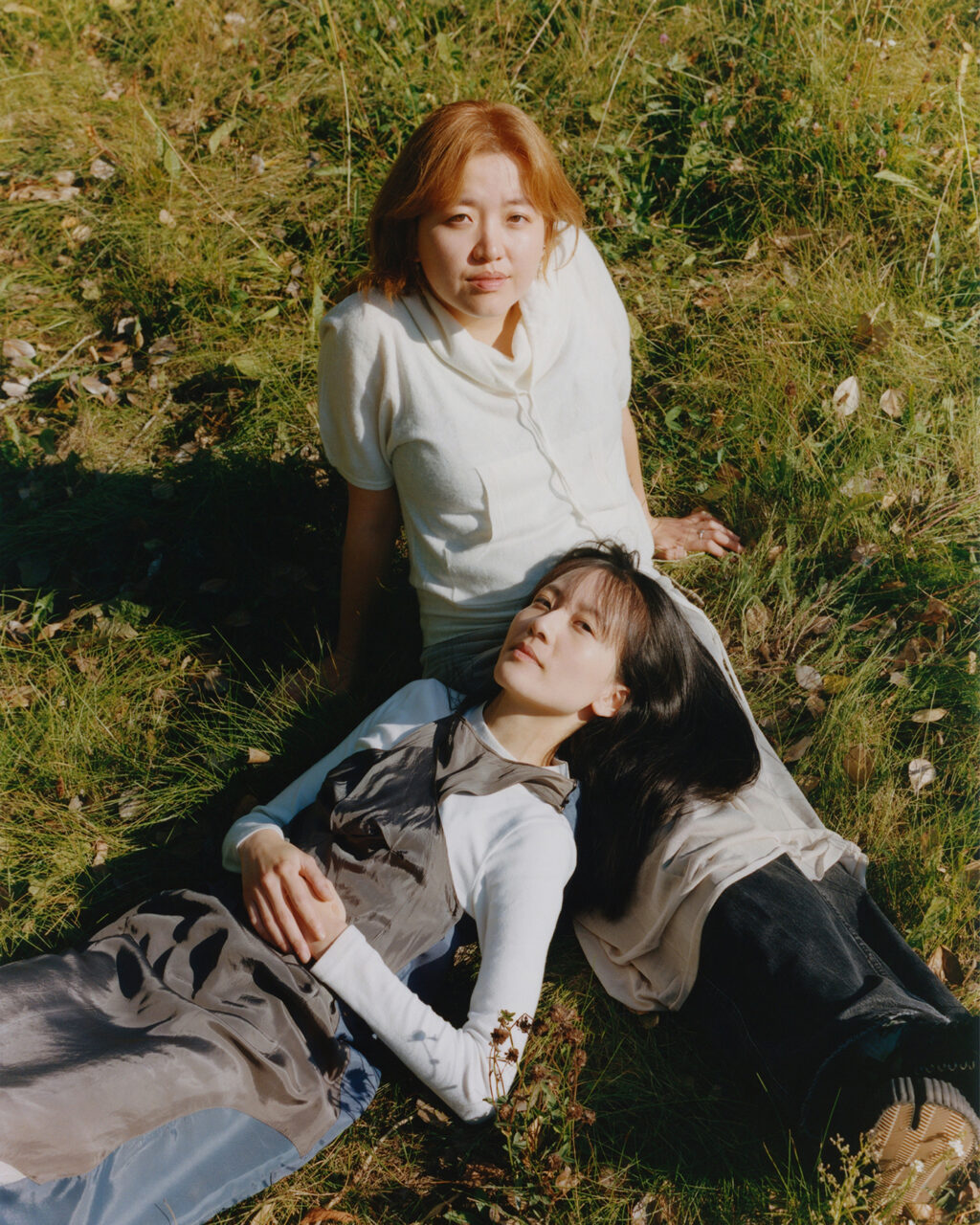
Mengyue recently moved to Hong Kong.
“I often find myself navigating between two worlds — balancing the values of my heritage with the broader German culture. This contrast encourages self-reflection and gives me a deeper appreciation for diversity, but it also makes me more aware of what it means to belong in multiple places at once.
One of the reasons I moved to Hong Kong is to find a deeper sense of identity and belonging, and to reconnect with my heritage. This move has broadened my perspective and allowed me to connect with others who share similar experiences of navigating multiple identities. ”
Minh Khoa, Refity, Neil, Carl, Viet, Anu, Bong, Danyue and Mengyue
Caroline Der
Direction by Ale Ruiz-Zorrilla and Creative Direction by Prissilya Junewin

